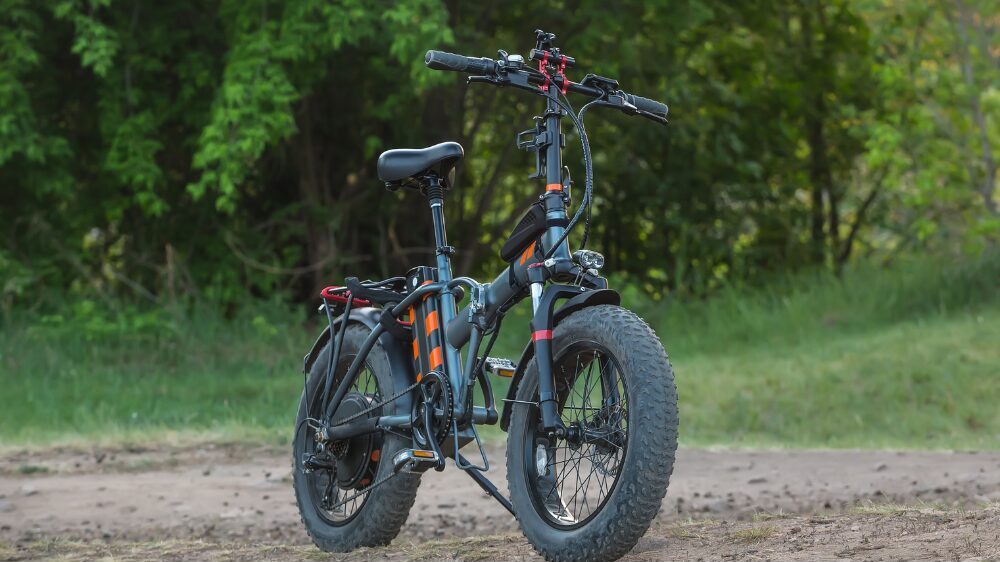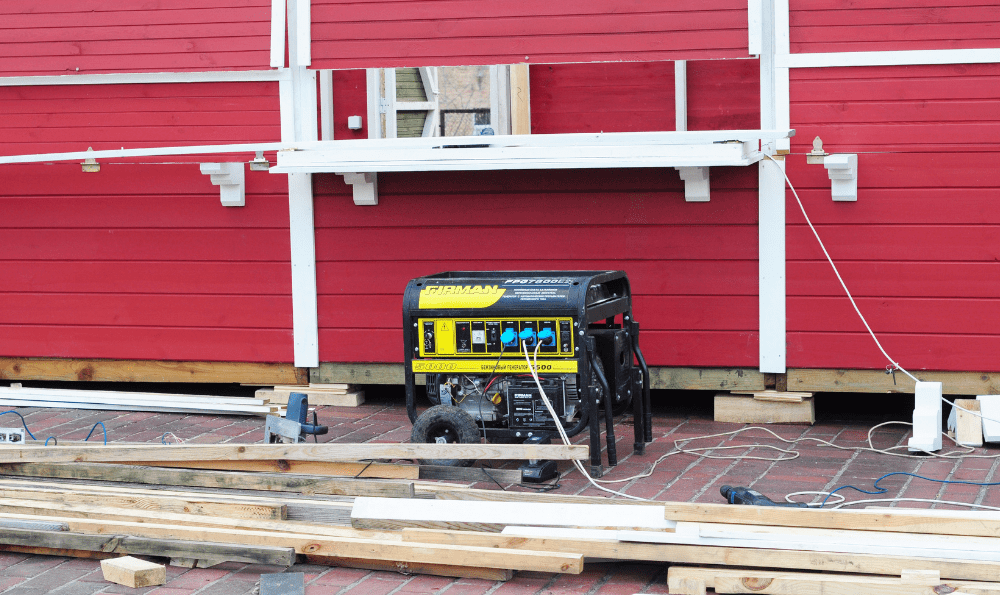
As Takata Corp. prepares to enter a guilty plea in federal court in Detroit a week from Monday, the family of a Dearborn woman says her death this month is the latest in a string of fatalities connected to the Japanese company's global air bag inflator defect.
Dianne Moulton, a retired middle school social studies teacher, never fully recovered from injuries she received in a low-speed crash in a Dearborn Heights parking lot in 2014, according to her family. She died at a hospital in Wyandotte on Feb. 2 as her son Brad Moulton held her hand.
Brad and Moulton's other son, Jeff Moulton, said they want to make sure no one else suffers a similar fate.
"It's just so scary seeing those cars driving around," Brad Moulton said of other vehicles that could have hazardous Takata air bags. "I just don’t want it to happen to anyone else."
Moulton's injuries in a crash that left only minor damage on her 2002 Honda CR-V mirrored other cases where the air bag exploded. A federal lawsuit filed last February says she suffered multiple facial fractures and broken bones in both of her arms and wrists. Images included with the lawsuit show bruising across her neck, chest and face, most severely around one of her eyes.
Describing the crash in a 2015 Bloomberg News story, Moulton, who was 71 when she died, said she was making a U-turn in the parking lot when she bumped into the pole.
“Everything was like I hit a Mack truck or a bomb went off. The bags just came flying out and there was smoke all in the car," Moulton said in the article.
Moulton's CR-V was identified by the National Highway Transportation Safety Administration among Honda and Acura vehicles holding "substantially higher risk" because of a defect.
"The air bag inflators in these particular vehicles contain a manufacturing defect which greatly increases the potential for (a) dangerous rupture when a crash causes the air bag to deploy," according to a news release from NHTSA in October.
NHTSA has confirmed that 11 U.S. fatalities are connected to the defect. Moulton's death, if connected, would bring that number to 12 in the U.S. and 17 worldwide. More than 180 people have also been hurt as a result of the defect.
Craig Hilborn of Birmingham and Kevin Dean of Mt. Pleasant, S.C., attorneys representing Moulton in her civil case against Takata and Honda, said they are awaiting the results of an autopsy conducted last week.
"(Moulton) got a very hard blow to the front of her face and forehead, and she had a lot of medical doctors and people treating her for her injuries. This is a shocking event that has recently occurred, and we're investigating it to the full extent," Dean said, referencing her death.
Moulton's sons both described the last couple of years as a struggle for their mother, who they said had previously been a healthy and active grandmother of four. She had been undergoing rehabilitation but could not open a jar with her bad hand a year after the accident.
And she had other problems, her sons said.
"She couldn’t remember things, it was like we had an Alzheimer's patient," according to Jeff Moulton.
She died on Feb. 2, a couple of days after she was taken to the hospital, Brad Moulton said.
The sprawling Takata case is NHTSA's largest-ever recall, covering 42 million vehicles with a total of 69 million inflators covering more than 12 automakers. The inflators can explode with too much force, spraying shrapnel onto drivers and passengers.
Messages seeking comment were left Thursday for representatives of NHTSA, Takata and Honda. The Free Press cited media reports earlier this month that Takata could potentially be acquired by Sterling Heights-based Key Safety Systems.
In a recent statement, Andrew Weissman, chief of the Justice Department's fraud section, said that “for more than a decade, Takata repeatedly and systematically falsified critical test data related to the safety of its products, putting profits and production schedules ahead of safety.
The company is scheduled to plead guilty to one count of wire fraud in U.S. District Court in Detroit on Feb. 27 and pay $1 billion in criminal penalties, including $975 million in restitution and a $25-million fine, according to the Justice Department statement.
In addition, three former Takata executives — Shinichi Tanaka, Hideo Nakajima and Tsuneo Chikaraishi, all of Japan — have been indicted on conspiracy and wire fraud charges.


